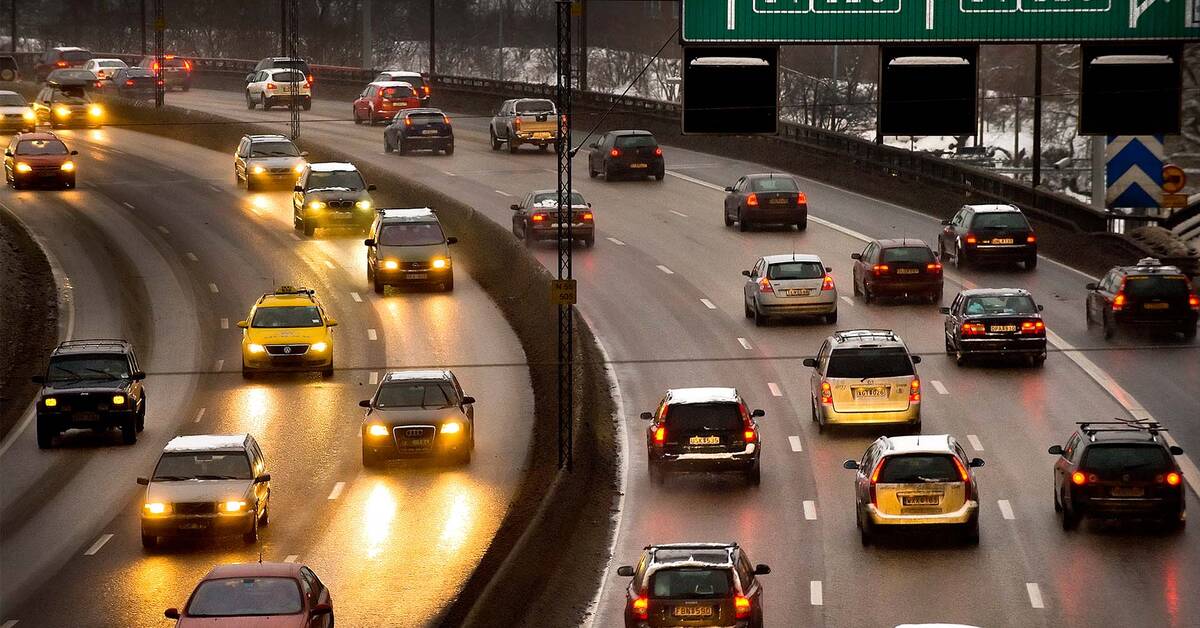Traffic on Swedish roads increased last year.
Passenger car traffic increased by 4 percent compared to 2020 and heavy truck traffic increased by 6 percent, according to preliminary figures from the Swedish Transport Administration.
The increased pressure on the roads was compensated by energy efficiency, electrification through increased new registration of rechargeable cars and an increased share of biofuels.
In total, traffic emissions decreased by 0.3 percent or 40,000 tonnes last year.
Emissions from new passenger cars also decreased, which is mainly explained by the fact that the proportion of electric cars increased from 10 to 19 percent in new car registration.
Almost every second newly registered car was rechargeable last year.
- A few years ago, Sweden was the worst in Europe when it comes to emissions from passenger cars.
Now we are in a second place.
It is fun to see, even if the development needs to continue even further, says Marie Hagberg Backlund, head of department at the Swedish Transport Administration.
Need to increase the pace
The reduction in emissions is far from the annual decline of 9 per cent required to achieve the Riksdag's goal of reducing emissions from domestic transport by 70 per cent by 2030, compared with 2010. Through the reduction, emissions are now 28 per cent lower than in 2010.
The Swedish Transport Administration still believes that there is a chance of reaching the climate goal.
- We have to do that.
But then we need to increase the pace when it comes to electrification and energy efficiency and increase the proportion of biofuels even more.
According to the Swedish Transport Administration, the largest part of the reduction in emissions is due to more biofuel being mixed with fossil petrol and diesel.
Last year, all parliamentary parties except SD agreed to tighten the requirements for blending biofuels in annual steps until 2030. This is a stricter so-called reduction obligation than in other EU countries and one of the reasons for the more expensive liter price at petrol stations.
Extensive protests
Recent rampant fuel prices have been met with widespread protests and several parties have given more or less clear signals that they have turned the issue around and now want to see reduced levels of the reduction obligation.
- It is above all the increased obligation to reduce that means that more than a quarter of the energy used in road traffic is fossil-free and renewable, says Hagberg Backlund.

